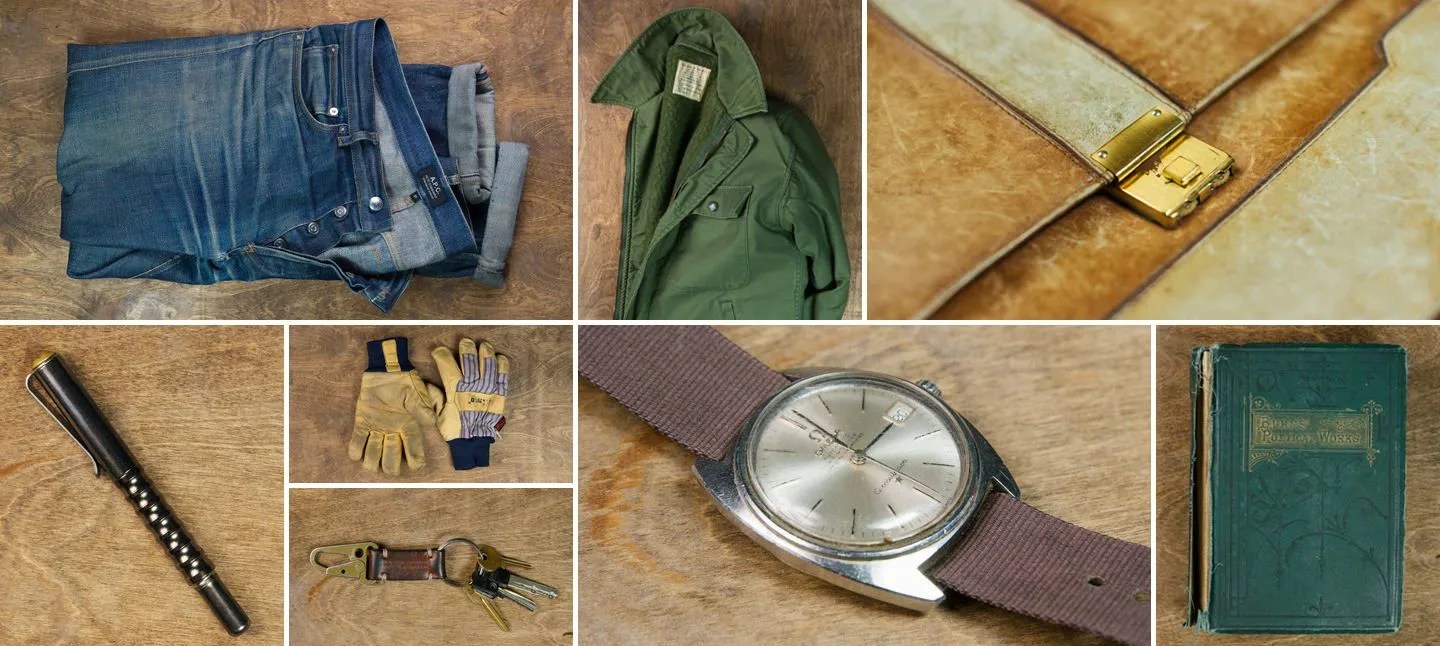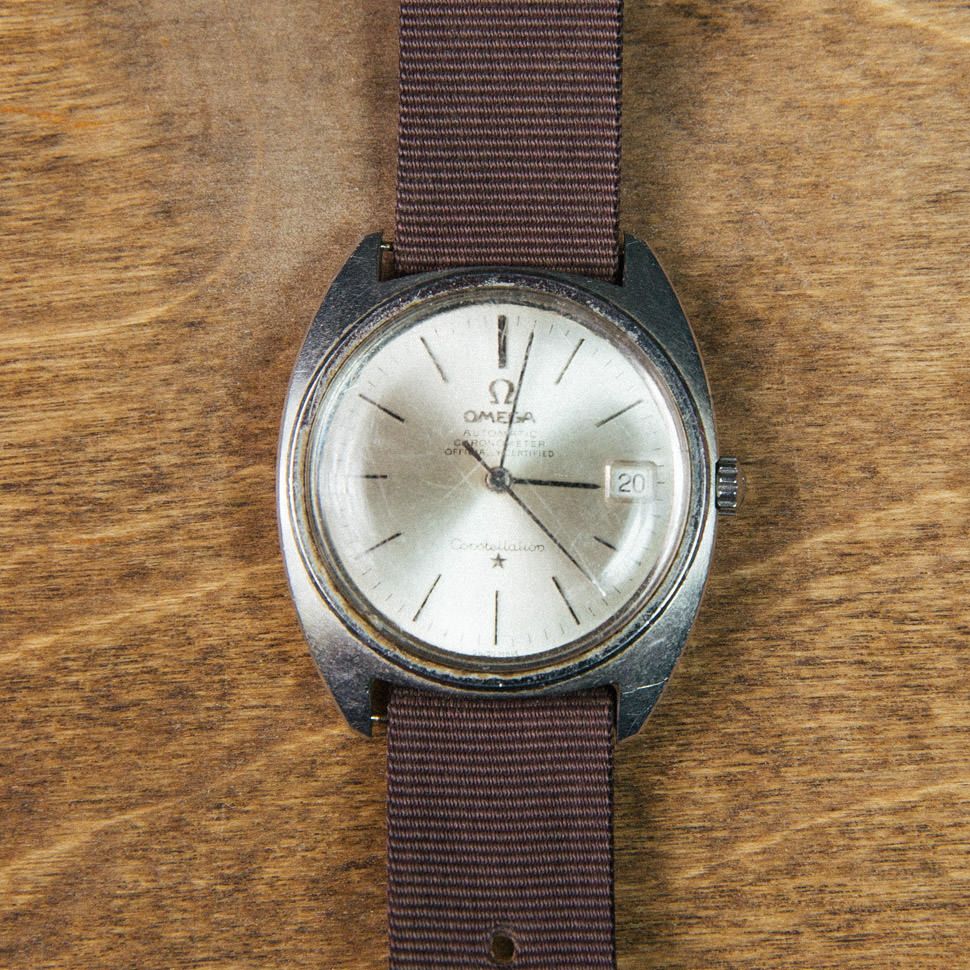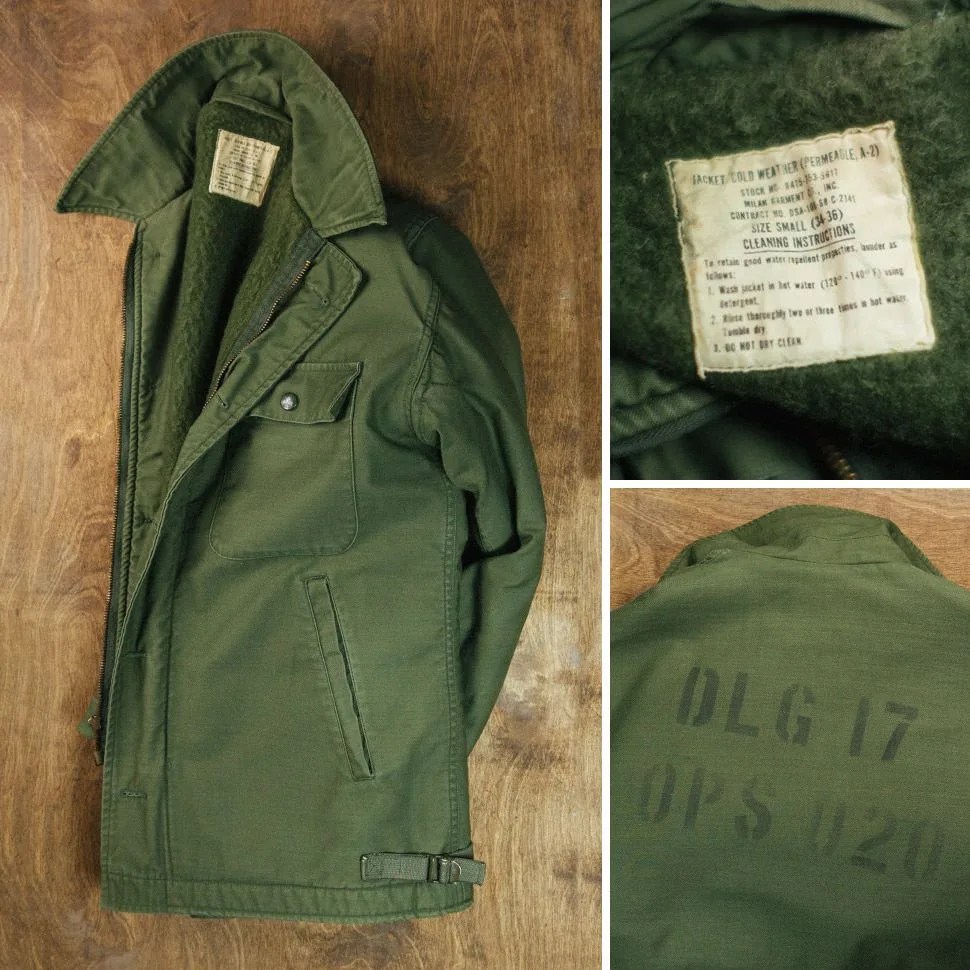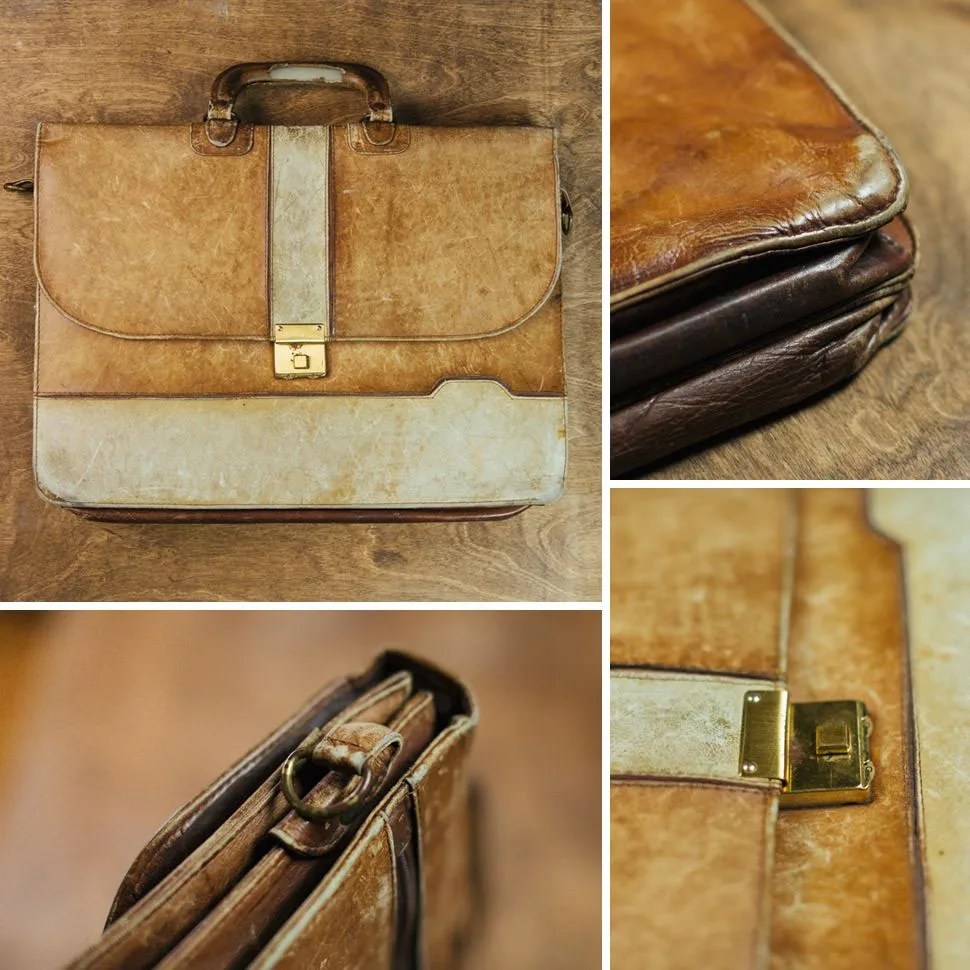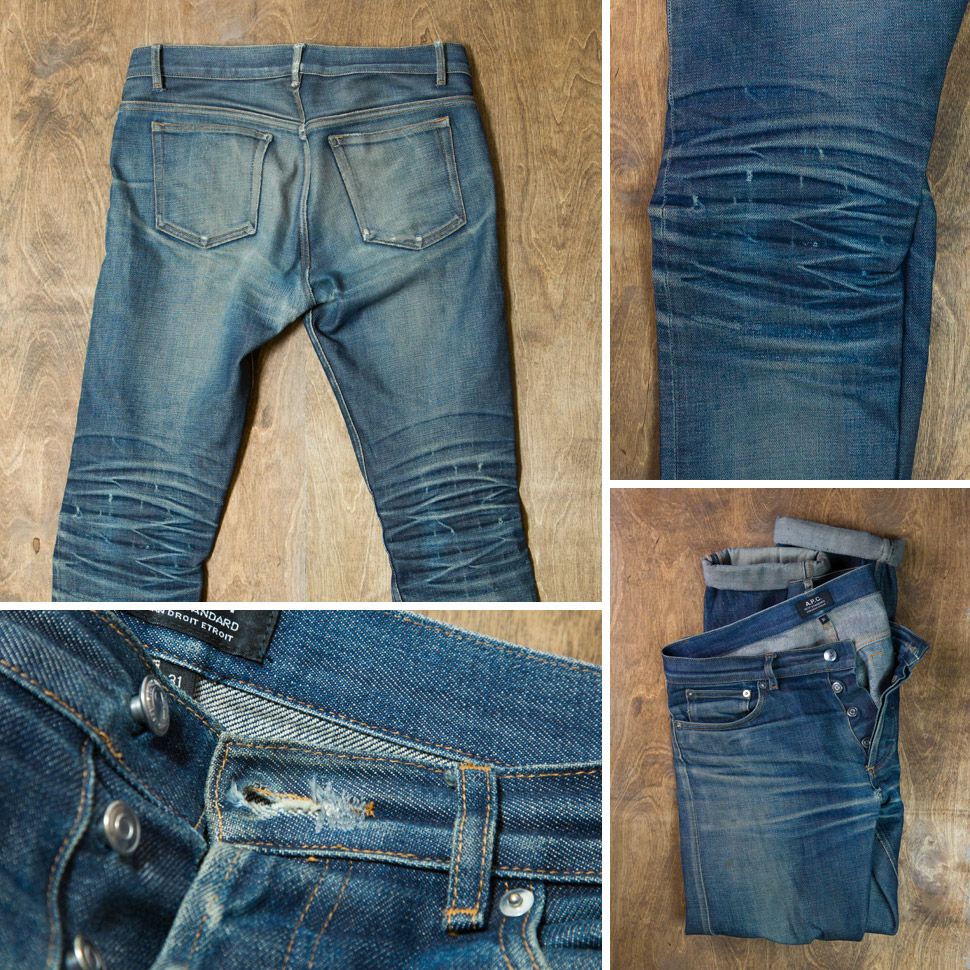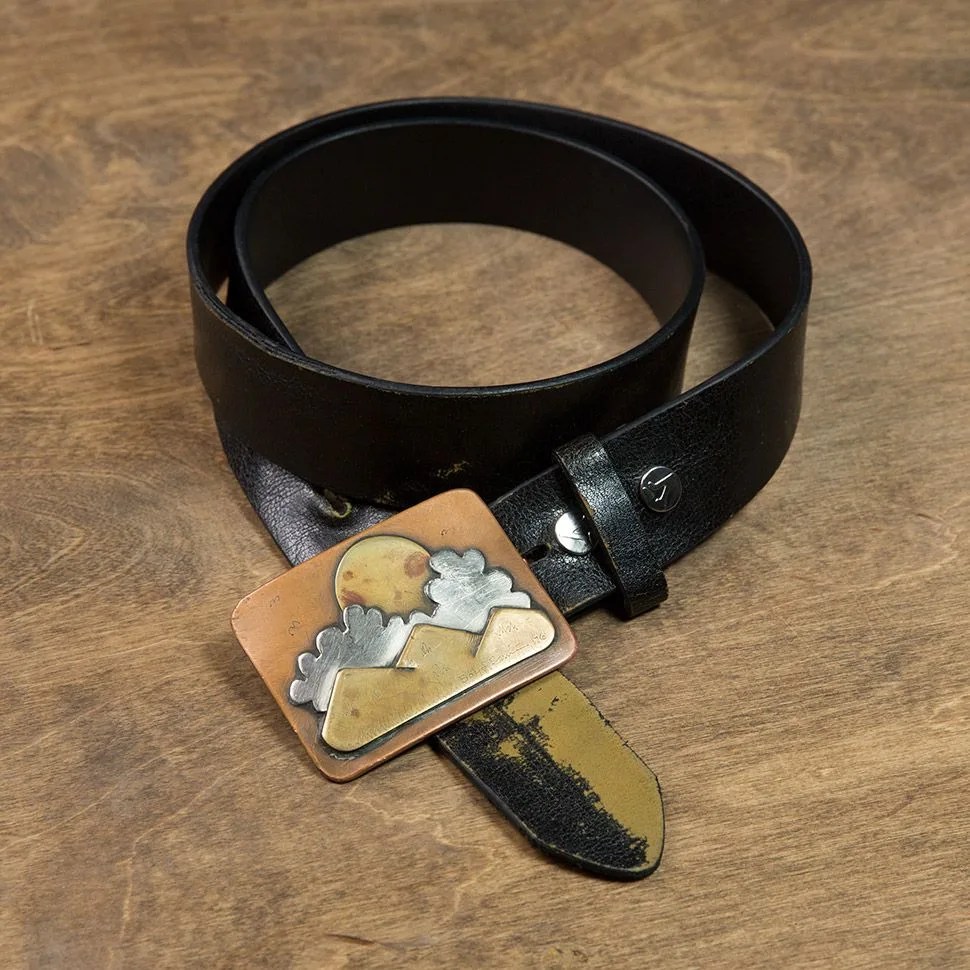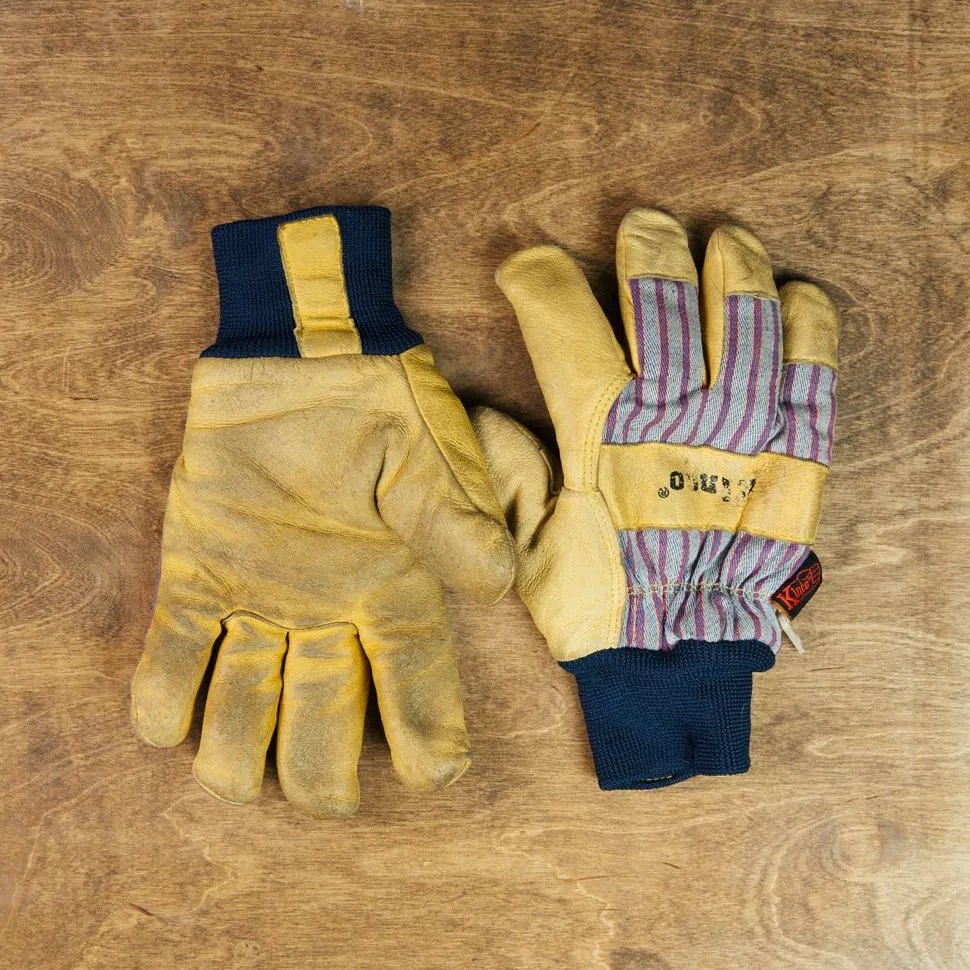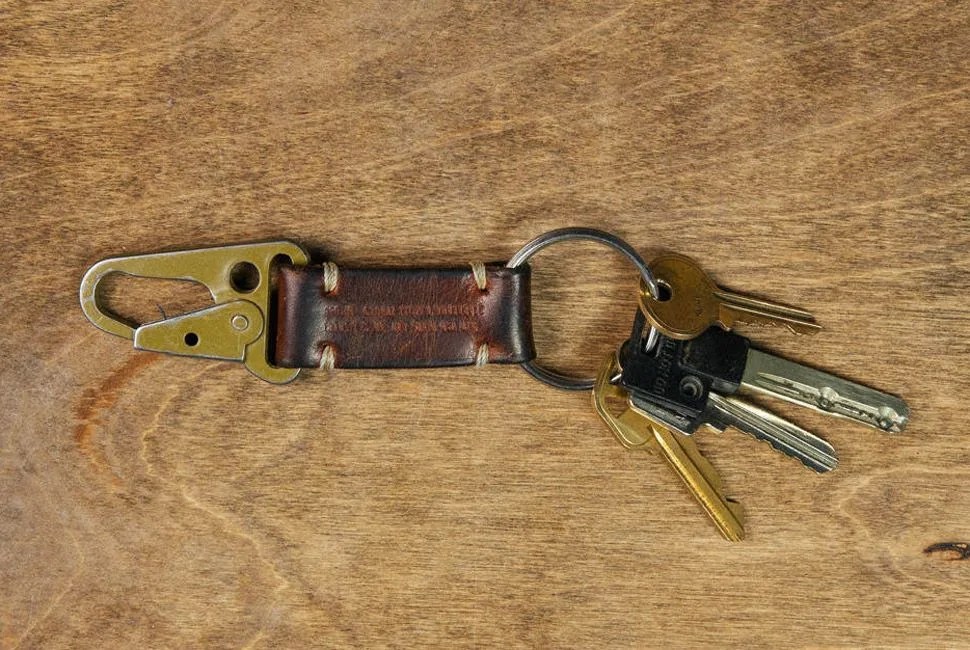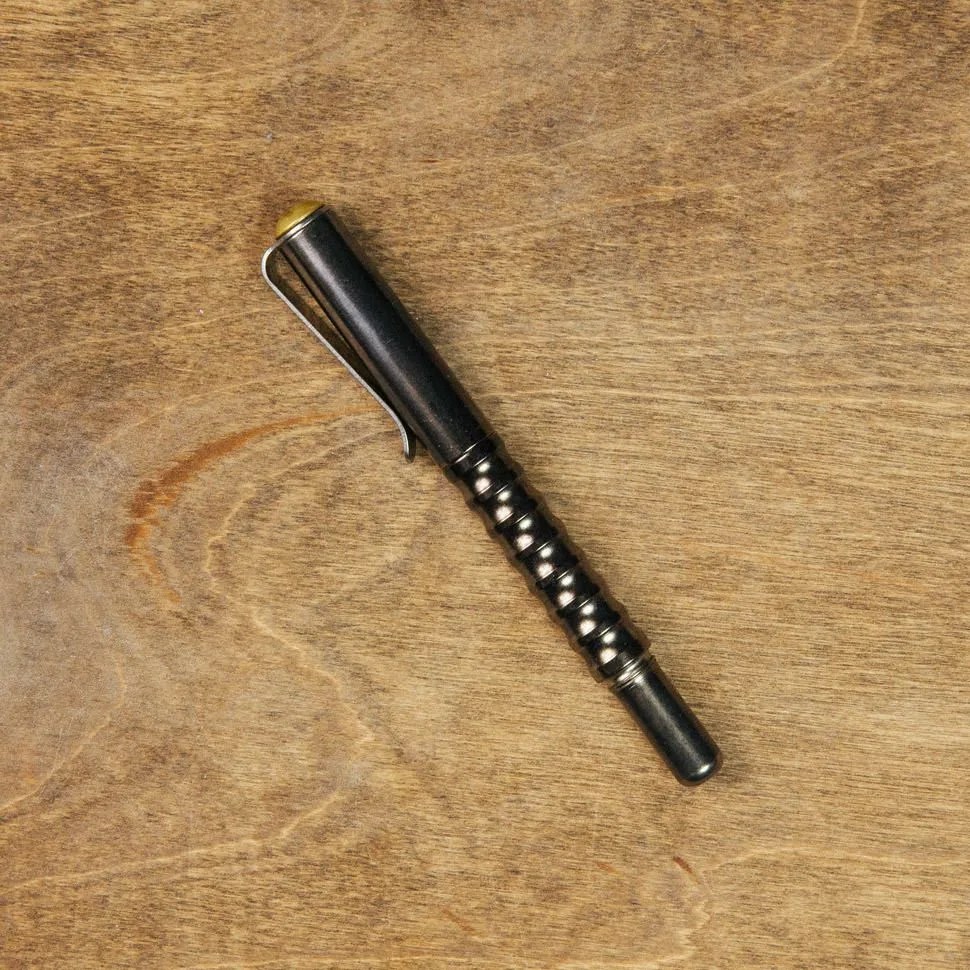The objects we hold on to, that we use everyday, become part of our identity. And, as they integrate into our lives, we, too, become part of theirs. The oils of our skin, the patterns of our use, the sweat we shed and the dust we pull them through all work their way into the objects. They take on our patina, our distinct wearing in. And over the years of use, they pick up stories, little snippets of our lives — “that tear there came from…” “that dent there happened when…” — that the objects carry with them, as we go on carrying the objects with us.
MORE VINTAGES: 5 Vintage Watches | Oldest Barbershop in Edinburgh | Classic Off-Road Vehicles
The GP Staff was tasked with bringing in a “well-worn and well-loved object of your affection”. The things people brought in hit deep. Like our desks or home screens, these objects shed light on the personalities of the men who use them. They’re mementos with grand meaning and large memories. They’re memories in concrete form that carry weight, history and, of course, a story.
Editor’s Note: I came across Tim O’Brien’s short story “The Things They Carried” in my last year of grad school. In the three years prior, I’d gorged on enough writing to fill a library, and the stuff I picked up then, in those final few weeks, often fell flat. I’d read enough. The stories all ran together. O’Brien, for a change, grabbed me by the second paragraph. There, the lists began: “Among the necessities or near-necessities were P-38 can openers, pocket knives, heat tabs, wristwatches, dog tags, mosquito repellant, chewing gum, candy, cigarettes, salt tablets, packets of Kool-Aid, lighters, matches…” He goes on. For pages. Each soldier, defined by their possessions, comes to the surface like characters being assembled out in a collage of objects. And I think we’re like that too, even if our meager possessions aren’t framed and restricted by the practical demands and heartbreaking entropy of the Vietnam War. – Matthew Ankeny
Grandfather’s Pins
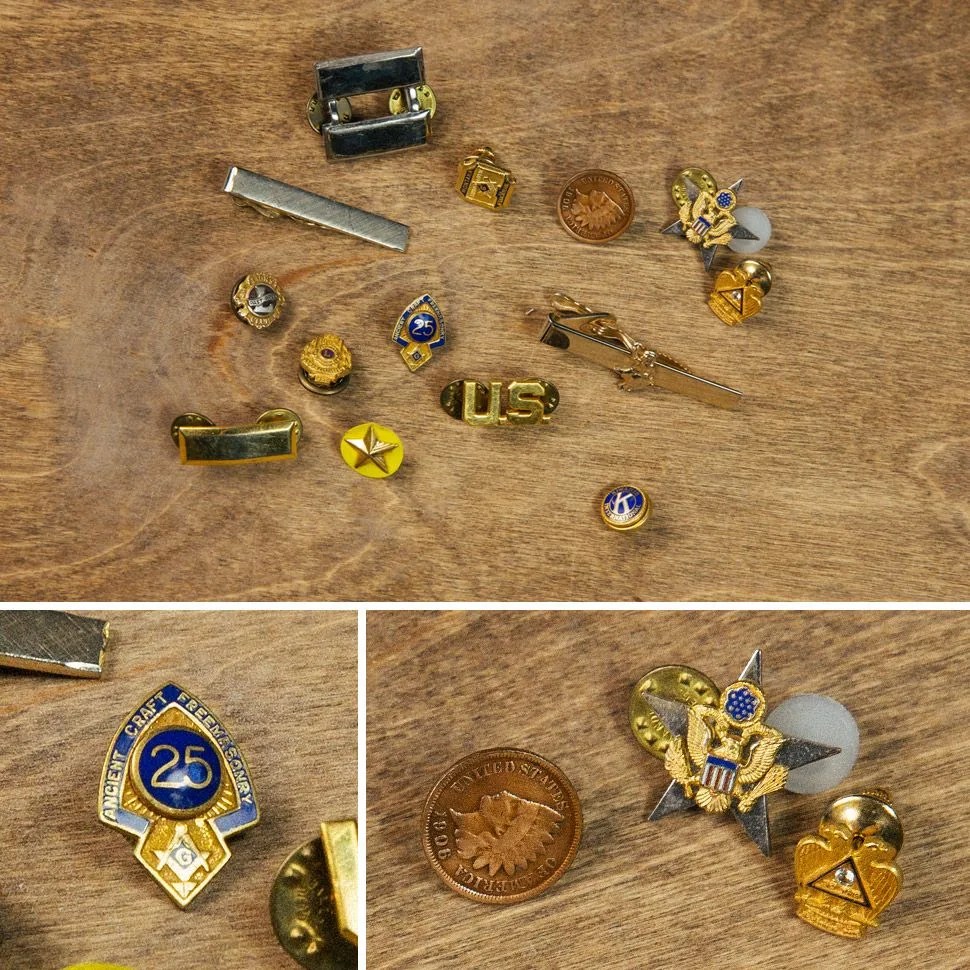
When my grandfather died, I was handed an old department store jewelry box filled with tarnished knickknacks. I had barely known him in life; strokes had turned him into just a shell. But the box’s contents told a story of sorts — there were tie bars from his days as a hardware store owner and lapel pins from various fraternal organizations (the Lions Club, the Freemasons, Kiwanis international) that dominated the social scene in small town Montana during the 1950s. Then, last year, when my father passed, I was given another box of small metal pieces. I was close to him until his last day, yet the contents spoke to a time he rarely discussed. There was his captain’s insignia along with other military distinctions from his years in Vietnam. They now sit in a valet tray next to my bed. I thought about cleaning them once, then reconsidered. The hard times and good times of two generations of Bowers cling to the pile. They’re a reminder to keep my days in perspective. – Ben Bowers
